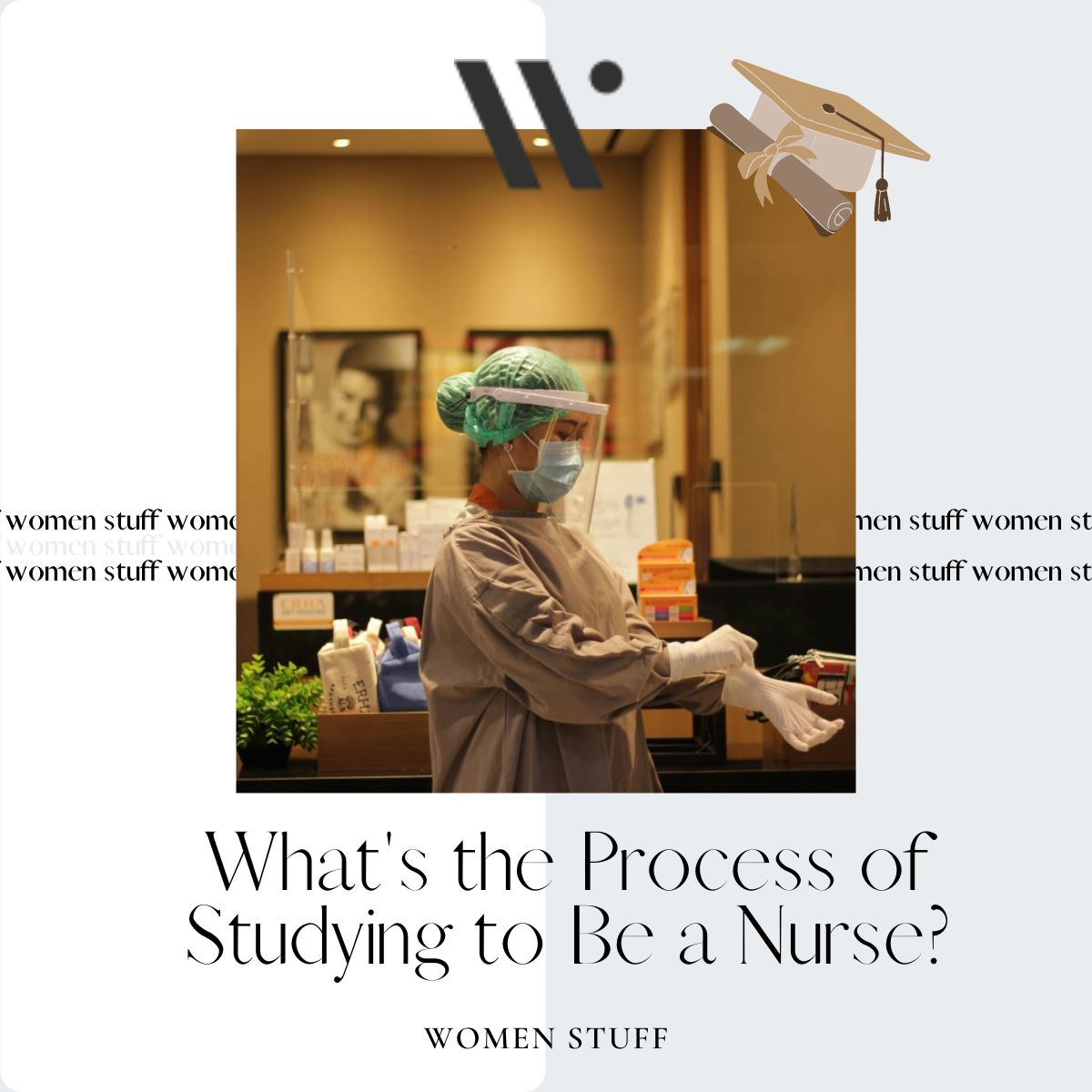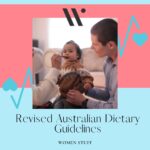
What’s the Process of Studying to Be a Nurse?
Are you looking to pursue a career in the medical profession? If so, you may wish to consider a nursing qualification, to get engaged in a highly regarded and well-respected career. With demand for nurses only expected to rise as a result of Australia’s ageing population, studying nursing now could be the fast track to a lucrative career, with a high level of support and many opportunities for specialisation.
What Are The Benefits Of A Medical Qualification?

It can often be difficult to quantify the benefits of taking on a new qualification – sometimes, making the leap into a new career can be perceived to be of immense difficulty. However, in recent years, due to advancements in technology and the impacts of the pandemic on the education sector, there have been a range of advancements in online communications technology. This allows teachers and lecturers to be able to broadcast from nearly anywhere, and for you as a prospective learner to be able to study from anywhere, including from the comfort of your own home.
Studying for a medical qualification can have a wide range of benefits – particularly for students who wish to learn and employ their skills within the workforce. Some of the major benefits of completing a medical qualification include:
- You’ll be holding a well-respected, in-demand qualification. With nearly half a million registered nurses and midwives in Australia, you’d be a part of a rapidly growing cohort that is held in high esteem and paid well.
- It opens opportunities for further study. If you’re looking to become a nursing coordinator, or perhaps take on further study in areas such as youth mental health or complex maternity needs, a qualification as a nurse enables you to pursue future studies upon completion of your degree.
- You’d have a wealth of employment opportunities, with the flexibility to work in a role that suits your own individual needs. Depending on where you are in life, you may have competing family needs – nursing allows for a great deal of flexibility in some cases, allowing for you to manage both a personal and professional life with ease.
What Do You Learn In A Nursing Course?

A nursing qualification typically exposes you to a wide range of studies within medical science. This may include an introduction to the field, exposure to professionals who have been working in the field for some time, as well as areas of study including:
Pharmacology
This area of medicine explores the impact of medications and drugs on the human body. As well as this, you’ll begin to explore appropriate dosages and how to calculate if a medical dose makes sense – which may help reduce the risk of medication errors when communicating with other medical professionals.
Mental Health
This area of study explores the complexities of mental health and its impacts on patients, families, and the broader community. With some estimates predicting that more than two in five adults will be impacted by a mental health condition in their lifetimes, this work is rapidly becoming essential for those who wish to work as mental health nurses.
Pediatrics
This area of medicine explores the health and care of infants, children, and young adolescents. As their needs may vary significantly due to the way the human body develops, it’s important that nurses have a clear awareness of what to look out for in treatment situations.
Community Health
This field explores the complexity of the health care system – in particular, how different services and initiatives can come together to help address the complex needs of community care. Additionally, nurses typically explore how their role can make a greater impact than simply the work that is done in a clinical or hospital environment.
It’s also important to note most nursing qualifications in Australia require the compulsory undertaking of clinical or hospital placement. This allows prospective nurses to get an idea of how nursing is applied in on-the-job environments and provides them with an opportunity to use their skills in the community before graduation.
Are There Additional Requirements To Becoming A Nurse?
Upon completion of your nursing qualification, there may be some additional steps required before you can begin looking for work as a qualified nurse. These are not meant to be arduous steps, but are important, as they allow potential employers to validate that you’ve studied an approved course, and have the right checks to be able to work.
Typically, these additional requirements are:
- Up-to-date vaccinations, a Working with Children Check, and a Police Check. These are typically undertaken when you begin your course, but it’s important that these stay current throughout your qualification and career as a nursing professional.
- If working in a clinical environment setting, you may also need to ensure that your adult vaccination program is completed and up to date.
- Registration with the Australian Health Practitioner Regulation Authority is essential, as it not only validates your qualifications with the national health regulator but also provides trust and confidence in nursing as a qualification within the community.
Where Can You Work As A Nurse?

There is a wide range of potential career options with a nursing qualification – with a nursing qualification being in high demand and high regard, there is an almost endless list of potential job opportunities listed on job seeker sites.
Just some of the potential career opportunities that are available for the right nursing qualification include:
Registered Nurse
Typically working in a general practitioner’s (GP) clinic or hospital, a registered nurse provides healthcare in what are called primary healthcare services – that is, the most likely spaces you’d expect to see a nurse.
Clinical Trials Nurse
Typically working in a laboratory or private clinic, a clinical trials nurse works to implement testing regimes and monitor the health of patients as part of approved medical testing.
Community Nurse
Working in a community clinic or setting, this nurse typically provides health care alongside a range of other supports, such as social care and community-based assistance.
The list is endless – depending on your interest and your willingness to learn, there is a range of opportunities available, ranging from broad nursing roles to specialised opportunities for those that have specialised skills.
If you’re looking to pursue a nursing career, definitely take some time to explore and look at what’s available. You never know, maybe your ideal nursing career is just around the corner.





